By Samuel Akpan
“The ports are Tin Can Island Port, Apapa Port in Lagos, Onne Port in Rivers State, rehabilitation of the Escravos breakwaters in Warri Port and the Calabar Port in Cross River’’
By Samuel Akpan
The Managing Director/CEO of Nigerian Ports Authority (NPA), Mohammed Bello Koko said on Thursday that the rehabilitation of four ports in the country will gulp $800 million.
The ports are Tin Can Island Port, Apapa Port in Lagos, Onne Port in Rivers State, rehabilitation of the Escravos breakwaters in Warri Port and the Calabar Port in Cross River.
Bello-Koko spoke at the International Association of Ports and Harbors (IAPH) Europe and Africa 2023 Regional meeting which held on Thursday, February 16, covered by Persecondnews with the Vice-President of both regions, Jens Meier (Europe) and Micheal Luguje (Africa) — hosting IAPH members CEO’s to a top level discussions.
According to the NPA boss, the $800 million loan facility will be repayable in a seven- year period once secured. He also stressed the fact that the loan is still being worked out.
“The loan is repayable in a seven-year period, and this will help in the achieving the digitalization of all ports in Nigeria,’’ Persecondnews.com correspondent, who covered the meeting quotes Bello-Koko as saying.
He also said the NPA is also looking at the option of the project being funded by the authority but that will reduce its contribution to the Consolidated Revenue Fund (CRF).
He said the rehabilitation would help in achieving the digitalization of all ports in Nigeria as port rehabilitation and remedial works are no more effective.
“The rehabilitation of Tin Can Island Port in Lagos, Apapa Port in Lagos, Onne Port in Rivers State, rehabilitation of the Escravos breakwaters in Warri Port and the Calabar Port in Cross River will cost $800 million.
The NPA boss also stressed on the impact of the collaboration between the government and private sector partnership and the gains to the Nigerian ports.
He disclosed that the collaboration gave birth to the Lekki Deep Sea Port, Nigeria’s deepest seaport with an initial depth of 16.5m, noting that after the completion of the third phase the depth will be 20.5m.
In his speech at the occasion, Pascal Ollivier, the President of Maritime Street, said to deeply engage in digitalization key five aspects needed to be prioritized.
He listed the areas legal framework, coordinated border management, principles of data collection, change management and long-term financial plan.
Ollivier disclosed that the World Bank and the International Maritime Organization with other agencies are teaming up to see to the full actualization of a digital African Port.
The Vice-President, IAPH Europe, Jens Meier, thanked attendees for what he called their beautiful input during the session and promised the continuous collaboration between Europe and Africa which he said will be strengthened to achieve the digital port goal in Africa.












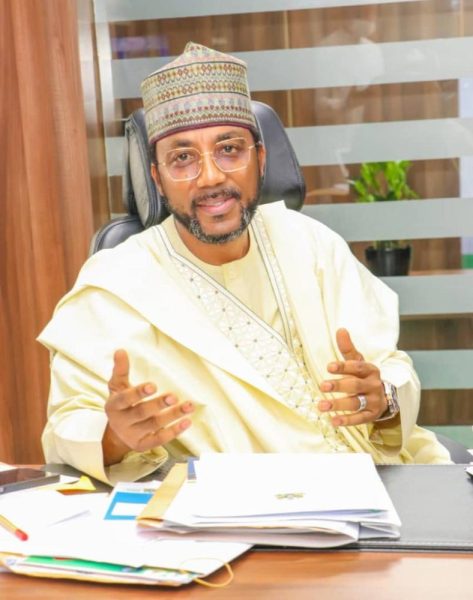

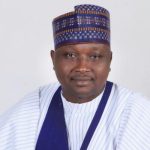





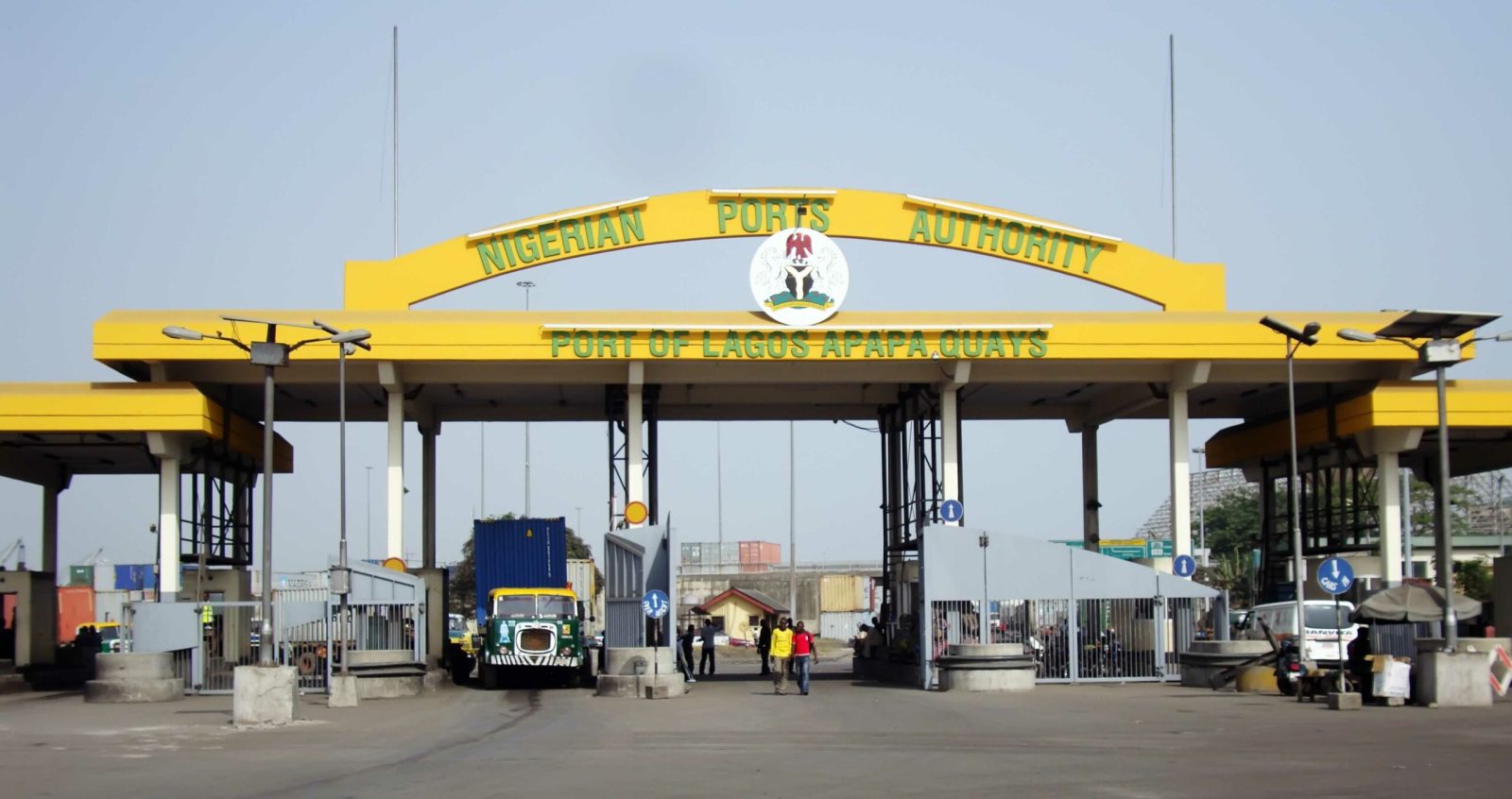
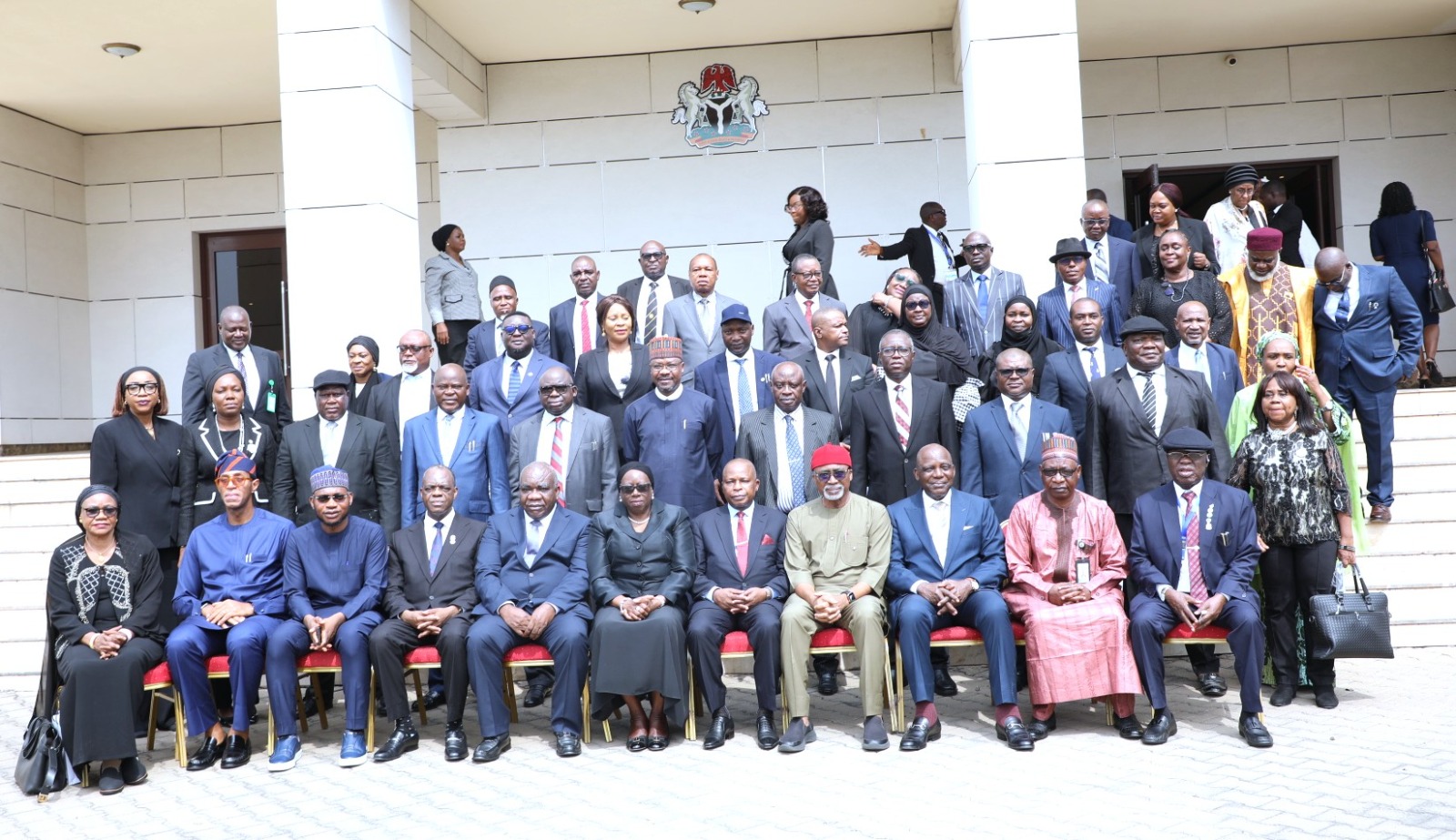
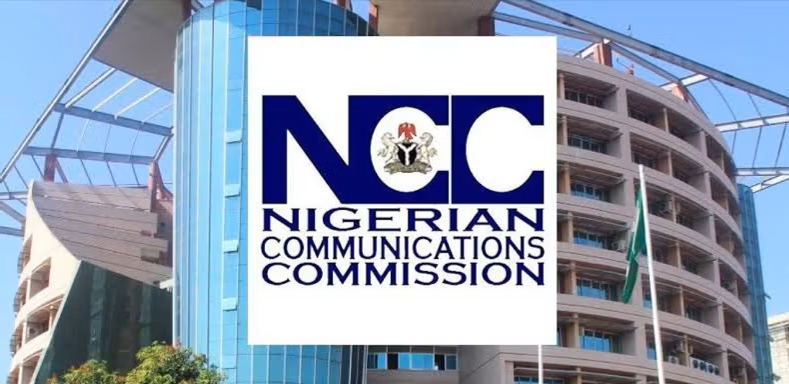
Leave a comment